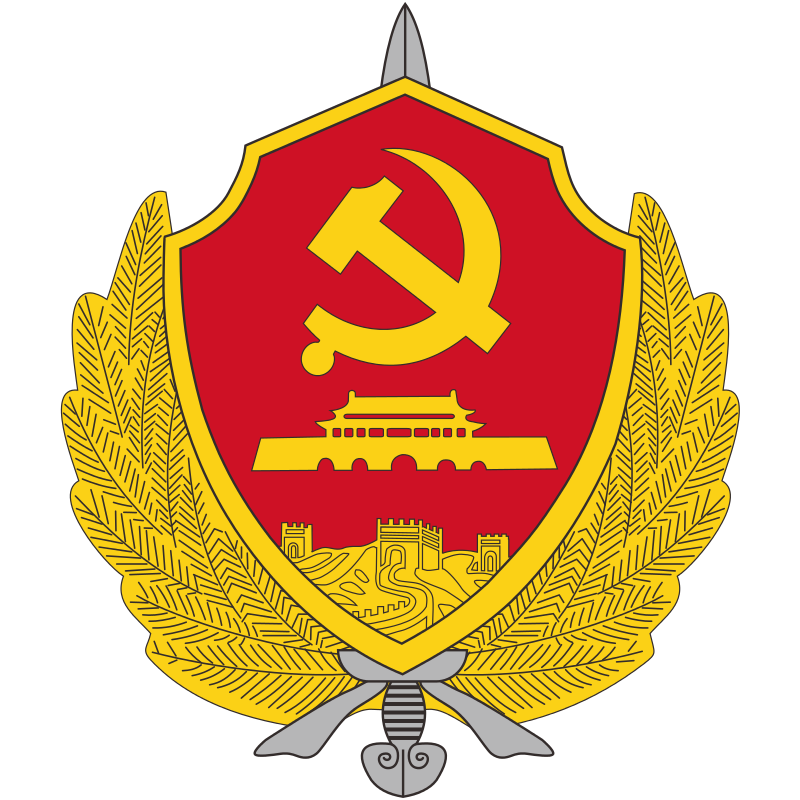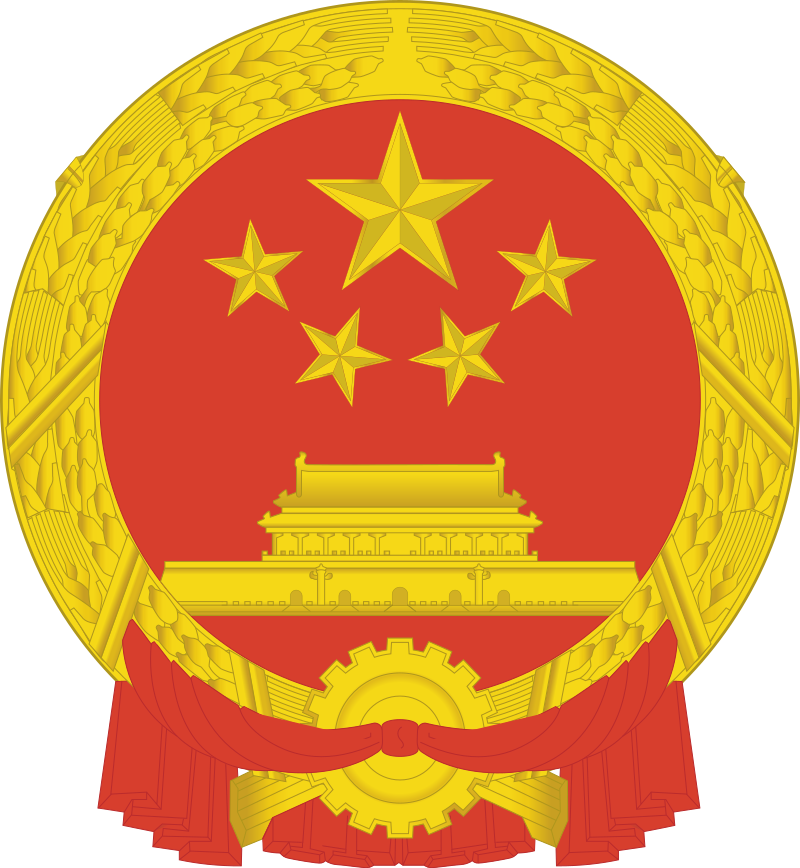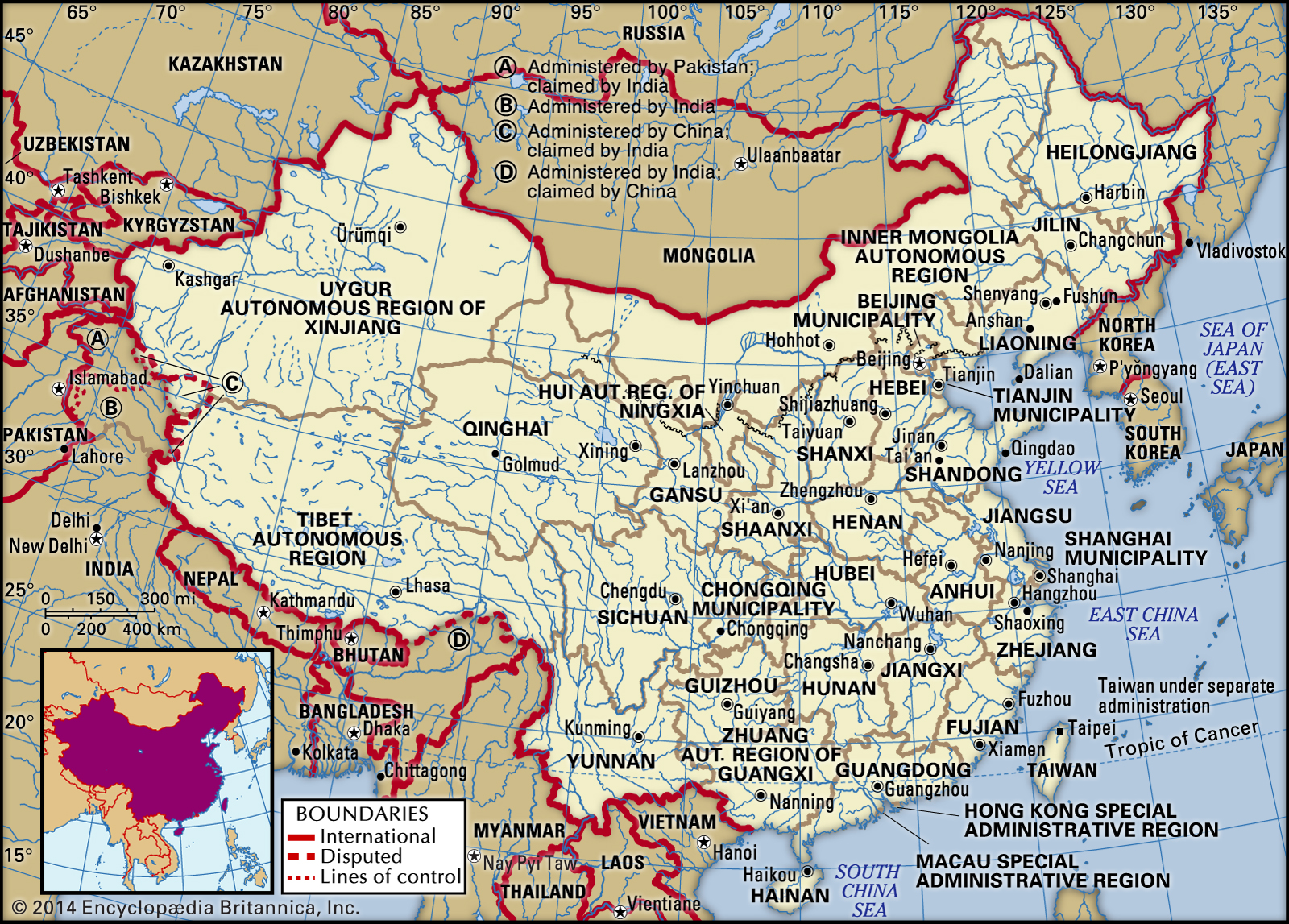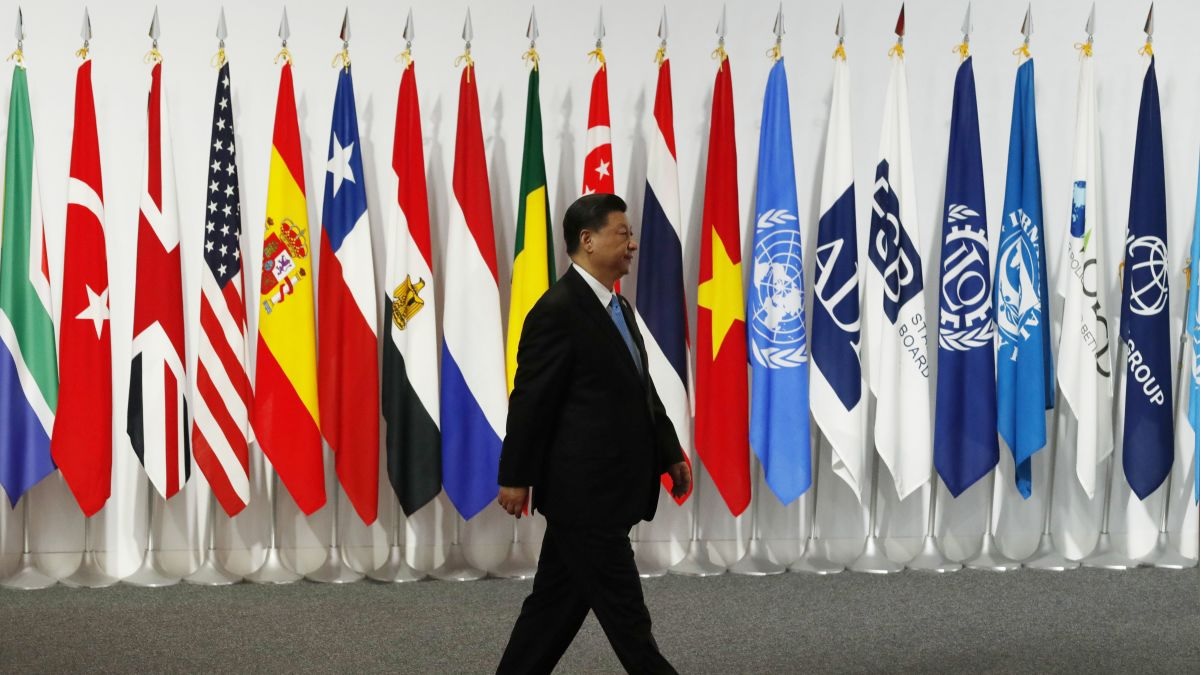By: Tsewang Paljor
Tibetan women have been at the forefront of the Tibetan people’s non-violent struggle for independence.
Women originally planned and led the major uprising against the Chinese occupation in 1959, and according to the Tibetan Government in Exile, a nun from Nyemo led a full-scale uprising in 1969 which spread to 18 counties and threatened to take over Lhasa.
Then, in 1993, Asia Watch reported a sharp increase in the number of political arrests of Tibetan nuns.
Reasons for Arrests
Most Tibetans are arrested or detained for spreading “counter-revolutionary” material, which is loosely interpreted as anything that threatens the ‘unity’ of China.
Actions such as “printing leaflets, forming subversive organizations, spying or passing information to enemies, criticizing the Party while speaking to foreigners, encouraging reactionary singing, hoisting Tibetan flags, and demonstrating” are offenses that provoke arrest.
Participation in protests nearly always leads to immediate arrests of demonstrators.
During one peaceful demonstration, a Tibetan woman, Ngawang Kyizom shouted such chants as ‘Long Live the Dalai Lama’ and ‘Free Tibet.’ Her chants lasted only 90 seconds and were fiercely suppressed when the police arrived.
For her ‘outburst’ she was physically abused and jailed for three years without trial.
These political arrests interfere with fundamental freedoms of expression, and are violations of Articles 9, 10, 18, 19, 20 of the Universal Declaration of Human Rights (UDHR).
The PRC makes special efforts to also stifle religious expression, a violation of Article 18 of the UDHR. It persecutes Buddhist nuns who have dissenting ideologies.
Under the repressive regime, forced reeducation and indoctrination sessions target these nuns in an attempt to transform their Tibetan nationalistic or religious beliefs into communist Chinese-favoring ideologies.
Nuns who do not adapt are expelled from their nunneries and cannot rejoin other nunneries. Ironically, these and other policies spark more protests from nuns, who use songs and chants to voice their dissent.
Unfortunately, nuns are suspected more often than lay women and therefore are more strictly surveyed.
Detention
Although the PRC is a signatory to international documents, such as the UN Convention Against Torture, it actuates violence against women early in the detention procedure.
Female prisoners are first strip searched, then brutally interrogated.
During this process, they may be beaten with sticks or electric cattle prods, or attacked by dogs. This torture continues until Tibetans confess their involvement and disclose the names of organizers and other sympathizers.
They are forced to renounce Tibetan independence and declare their patriotism to the PRC. More insidiously, they may be forced to denounce their spiritual leaders, particularly the Dalai Lama.

Length of detainment varies in relation to the detained woman’s ‘cooperative’ behavior.
Tibetan women may remain in sordid prisons indefinitely with limited access and information to families or nunneries.
Rinzen Kunsang was detained for taking part in a demonstration. She explains her interrogation procedure:
“We were handcuffed and stripped. Two women beat us with bamboo sticks and prodded us with electric batons…Beatings occurred at every interrogation session..Then they beat me with a stick. They hit so hard and so many times that the sticks frequently broke. During the beatings I often fainted. The pain was not felt much at the time but in the following days the whole body would keep throbbing with pain”
In other circumstances, detainees may be hung from trees in straitjackets in what is called the ‘airplane’ position. They are electrically shocked until they disclose needed information. Ngawang Tsepak, a nun, was taken down only after both her shoulders had become dislocated.
Prison Conditions
Conditions in prison usually are detrimental to the health and wellbeing of imprisoned Tibetans. The two most notorious prisons in central Tibet are Drapchi and Gutsa.
Prison cells normally consist of small rooms with no fixtures, small windows, and no light or heat even in the cold winter months.
Prisoners are given an empty pail to use as a toilet in their cells but they are allowed to empty it only once a day.
Otherwise they must remain in the tiny cell. Ages of currently imprisoned Tibetan women range from as young as 14 to as old as 75.
Medical research has shown that the food is “insufficient and nutritionally inadequate.”
A typical prison meal consists of two dumplings in the morning and two at night.
Mrs. Adhi, a Tibetan woman recounts her bleak prison experience. She was arrested along with 100 other women for participation in protests. In jail, she was selected to feed the pigs.
This chore fortunately became the source of her subsistence as she would often times smuggle the pigs’ food to monks and others, or eat it herself. It was considered a delicacy in the prison.
This job was retained only in exchange for sexual favors for the Chinese functionaries.
Forced sexual abuses and rape of the female prisoners are common in the prisons. At the end of the term, only 4 of the 100 detained Tibetans survived; all of whom had worked with pigs.
The rest died of starvation.
Prisoners’ commitment to Tibetan independence endures in spite of the excruciating conditions, however.
An instance of continued activism occurred when 25 female prisoners in Lhasa wore Tibetan attire instead of prison uniform to celebrate their Tibetan New Year.
Consequently, thirty to forty armed policemen arrived and charged at the prisoners. A Tibetan source described the attack as “an insult to their religion and to their sex” and said that all 25 of the women required medical attention the following day.
An occurrence at Drapchi prison in February 1994, further illustrates Tibetans’ perseverance. Fourteen imprisoned nuns used songs to reassert their determination.
The lyrics of one song included:
“I am in prison but I have no regrets
My country has not been sold:[it has been stolen]
For that we have shed so many tears
Oh so many tears!”
These songs were recorded, and then the cassettes were circulated underground.
When officials discovered the recordings, the nuns’ sentences were doubled or tripled.
One nun’s term was extended from 9 to 17 years as a result. On June 3, 1994, one of the nuns, Phuntsog Yangkyi, died in a prison hospital from injuries inflicted by prison officials.

Torture
Generally, all imprisoned Tibetans are subject to torture and ill treatment, despite the PRC’s ratification of the UN Convention against Torture.
The use of cattle prods, electrodes, prolonged periods of solitary confinement, incommunicado detention, beatings, and shackles are all common methods used to inflict pain on prisoners.
Ngawang Jhampa, a nun, was detained for participation in a protest in 1989. She tells of her prison life:
“I was beaten with chairs, sticks, and electric cattle prods. The latter were placed in my mouth and twisted around. When placed inside the mouth, they draw blood and rapidly deteriorate the body. The guards hit me on the head with the prods as well, then kicked me in the stomach…I was left in my cell for nine days without food. I became violently ill as a result of the beatings. A large lump appeared in my abdomen, and I had severe head injuries…After two years of continual beatings, underfeeding, and forcible blood extraction, my body was weakened to the point of near death. I suppose the Chinese officials wanted to avoid the embarrassment of having me die in prison, so they released me…I shook constantly from exhaustion and nerve damage, and could not walk for the initial two months in the hospital”
Gyaltsen Chodon, a 23 year old nun, remembers the cruel treatment she endured in prison: “They would tread on our hands with their huge iron-tipped boots, kick us in the face and stomach. They put buckets of urine and feces on our heads and guards hit the buckets with sticks, roaring with laughter as the excrement streamed down our face and bodies…They would take the momo which was our lunch, dip it in the filth and force us to eat it”
Gender-Specific Torture & Sex Crimes:
Various accounts indicate that Tibetan lay women and nuns are subject to gender-specific torture which may be more vicious than torment against men.
Special “female” torture forms includes the use of dogs, use of lighted cigarettes, stripping prisoners naked, and use of electrical batons on or in the pudenda. These torture forms and other sexual indignities are not typical for men.

Reports of women being raped by electric cattle prods are numerous.
Other perverse crimes, such as cutting off a woman’s breasts are reportedly becoming more prevalent also.
“They [police] forced women to run for hours while police beat them with cattle prods. Ngawang was tied with an electric cord, beaten with cattle prods, and had dogs attack her many times. For her, the worst problem was the electric cords tied around her breasts. When the electricity was applied, it made her feel like she was going to die”
Nima Tsamchoe, 19, took part in a peaceful demonstration in 1988. Now in Dharamsala, she recounts her prison life:
“Dogs were set on us while we were naked. Lit cigarette butts were stubbed on our faces, knitting needles jabbed in our mouths…kicked in the breasts and in the genitals until they were bleeding…made to hang from trees and beaten on bare flesh by electric batons. Containers of human urine were poured over heads…many were[raped]. However, even those who were raped were very secretive because they were ashamed and embarrassed…I was hung up from the wall with my legs up and beaten with electronic rods in the genitals and in the mouth. After this I could not even go to the toilet…”
Sonam Dolkar, a Tibetan woman who was detained because she was suspected of pro-independence involvement, was held in solitary confinement for 300 days without charge or trial. She was shackled throughout her detention and never allowed out of her cell.
She was tortured every other day for six months. Electric wires applied to her body caused convulsions strong enough to render her unconscious. She showed her interviewer a large scar on her chest, which she indicated was caused by the boot of a guard who kicked her.
She received no medical treatment until a prison doctor warned that she was close to death and then finally she was treated and the torture sessions stopped.
Particularly traumatic are the sex acts that PRC officials force nuns to perform. Torture directed towards nuns “has been even more cruel and sadistic than that of monks.”
Nuns who are raped are considered to have broken their vows of celibacy and often feel themselves unworthy of continuing as nuns.
Ashamed, these nuns may not return to their nunneries.
The soldiers often want nuns to ‘pat’ and ‘touch’ them; otherwise they are beaten.
One escaped nun remembers the sexual violations: “The soldiers made us show our private parts and told us we were like dogs and pigs…They also forced the nuns to come out naked and prostrate themselves in front of the monks.”
Gyaltsen Chodon, a nun, aged 22, was imprisoned for peacefully demonstrating. Now living in Dharamsala, she relates her experience: “They used the prods like toys, enjoying themselves especially when they applied them to our private parts. They actually laughed as they did these things. You’re garbage, they said forcing us to answer to names like: pig, horse, donkey, cow…”
Prostitution
PRC officials also ill-treat women outside of the prison environment. They may force young girls into prostitution.
“Lhakpa Chungdak thought it a dream come true when at 14 she had been offered a place in the Chinese People’s Liberation Army.
But her dream turned rapidly to nightmare. rape: single, double, multiple; pregnancies and abortions were to be her lot. The Chinese said it was no use complaining, it was what being in the army meant if you were a Tibetan girl.”
Family Planning:
The PRC has violated women’s reproductive rights, as their one-child-per family law has underhandedly been enforced through coerced sterilizations or abortions.
These uninformed women are subject to physical and mental suffering as a result.
Tashi Dolma, a lay woman, actively protested the birth control policies, after the PRC forced her to have an abortion: “They forced me onto a table, inserted an electrical device into my uterus and left me alone like that for hours, bleeding profusely. Then they came and inserted some kind of spatula, twisting it round and round, scraping the fetus out in small pieces.”
Pt. 2 will be released on Saturday, Feb 6th.












Comments are closed.